Contrast Anthony Albanese’s response to Peter Dutton, with that of Richard Marles’ the next day. The first was emotional righteous anger. The second was a carefully moderated temperament. Which displays the better leadership?
Many are asking if this outburst marks the demise of the Prime Minister…
These reflections are not happening because of one event. Anthony Albanese achieved office and rode his ‘honeymoon period’ on an emotivist persona. He appealed to the pathos of his upbringing that included the trifecta of his mother, her faith, and where they lived. He sentimentally appealed to the ‘past heroes of the faith’ in the Labor Party. He promised, with deep compassion, to implement the Uluru Statement in full. He gave deep and personal reassurances about controlling the climate in Australia to care for everyone. And he promised strength in controlling the economy and the borders.
When Anthony Albanese was the Leader of the Opposition, these emotional appeals were made without offering any detail, (other than the ill-fated $287 reduction in energy bills). As Prime Minister, he has continued to duck and weave away from detail by hiding policy in a cloud of sentiment.
He refused to give reasons why the Voice needed to be in the Constitution.
He refused to give answers to questions about the operation of the Voice.
He still refuses to explain why we are not having a Royal Commission into the Covid response.
He refuses to respond to the modelling Labor, and in particular the Energy Minister, are using to sustain the belief that green energy is cheaper and better for the environment.
He refuses to explain how we are to manage the colossal immigration that the Labor Party has initiated.
He refuses to explain why Labor policy is embracing union-favoured wage increases, and continues to grow the public sector which is fuelling inflation and hurting productivity.
Why is anyone surprised by his response to Peter Dutton’s penetrating questions about managing ‘non-citizens’, at least some of whom have violent and/or seditious backgrounds, in our community?
The only things the Prime Minister had at his disposal were huff and puff, and emotive appeals to the supposed politicisation by the ‘negative opposition’.
And he may have been able to sustain this stance if the Deputy Prime Minister had not moved so quickly and professionally after ‘airbus Albo’ was off the ground. It was not just the contrast in demeanour… It was the contrast in initiative, action, and resolution that was noticeable.
Instead of burying further into a losing hole, Richard Marles understood the issues from the viewpoint of the electorate – that is, he tried to understand the broader base of those who vote for our Parliamentarians. He did not act as the solo hero. Reportedly, he took significant senior members of his ministry to Peter Dutton to talk. This included those ministers who, just hours earlier, had chastised the Opposition’s ideas of lawful control of convicted non-citizens.
Once the discussions were had, there was then a measured presentation to the Parliament from both sides of the House. As some noted, it was good ‘to have some adults in the room’.
If it is true that the Prime Minister was not consulted while away, then there is another equally awkward question to be asked – why is he needed? Are Anthony Albanese’s emotional outbursts harming the processes of Parliament generally? More specifically, is his emotional method of leadership harming the Labor agenda?
Trust flows from the electorate when those in authority speak rationally and live up to their promises. Distrust comes when the electorate realises that those promises are not really so ‘good’; when the leadership becomes hypocritical; and when the leader of the party can no longer recognise what ‘good’ actually means.
The Prime Minister is at risk in at least two out of three of these dynamics. Not only is he failing to explain the Labor Party position on key issues, he has frequently demonstrated hypocrisy and has recently become lost in essential moral questions fundamental to the future of the nation.
Whether the electorate decides if the Prime Minister is fit to determine the criteria for the ‘good’ is yet to be seen. Time will tell.
Got something to add? Join the discussion and comment below.
Get 10 issues for just $10
Subscribe to The Spectator Australia today for the next 10 magazine issues, plus full online access, for just $10.

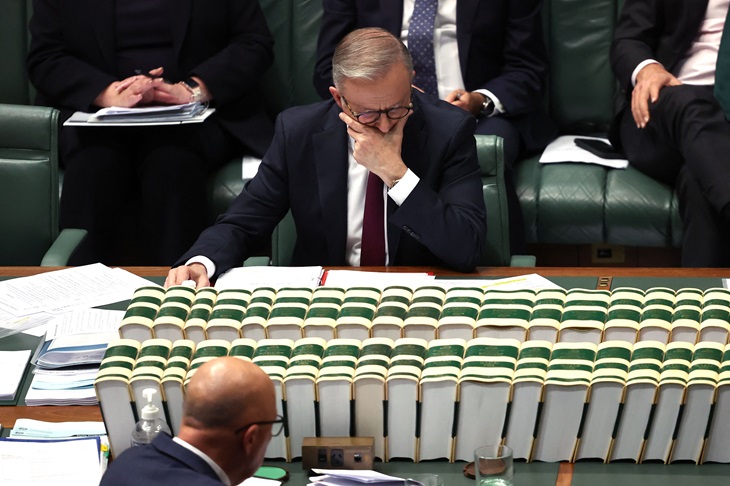
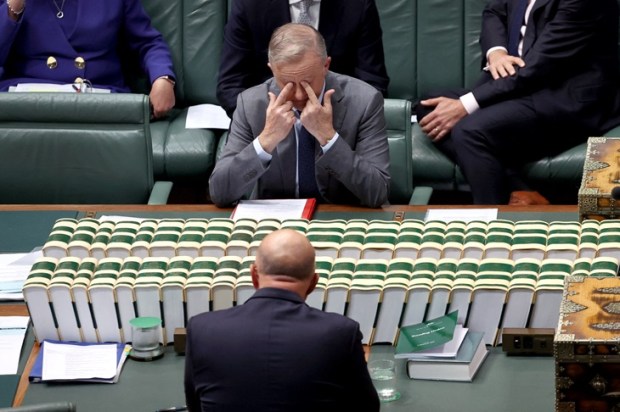
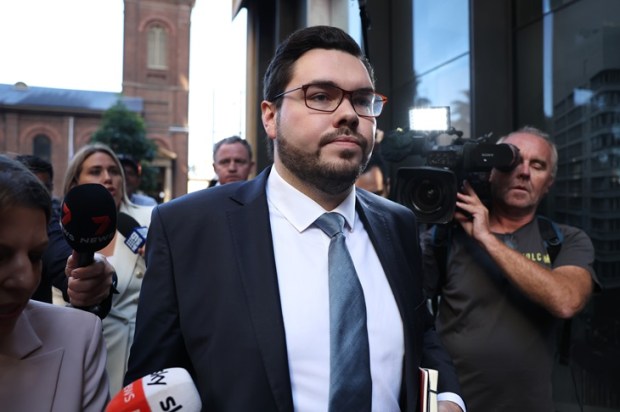
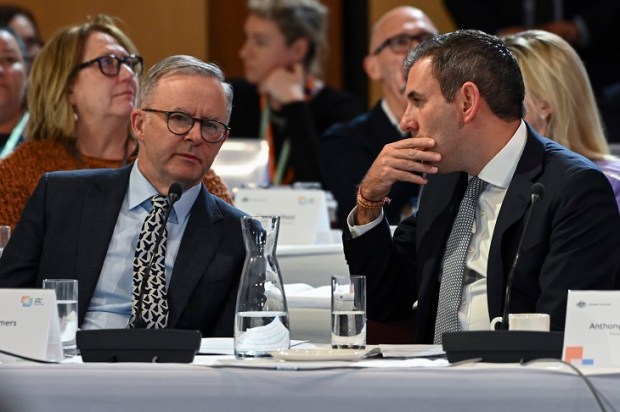


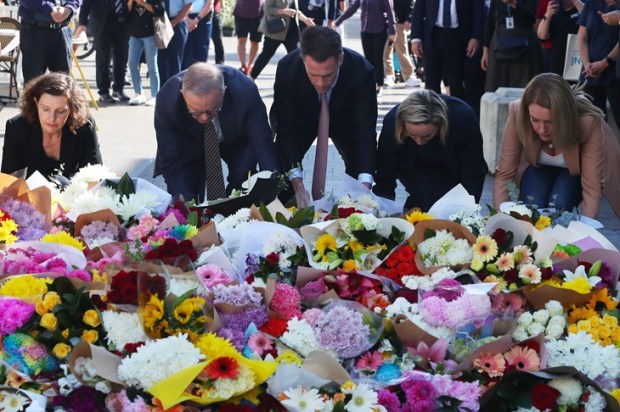


















Comments
Don't miss out
Join the conversation with other Spectator Australia readers. Subscribe to leave a comment.
SUBSCRIBEAlready a subscriber? Log in